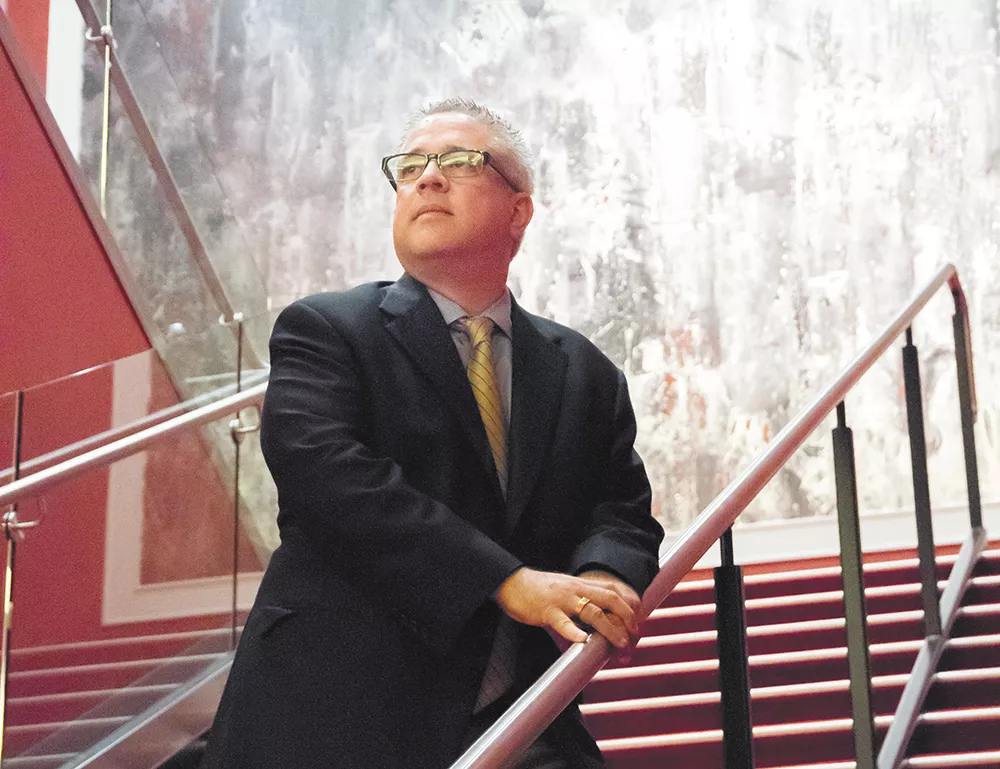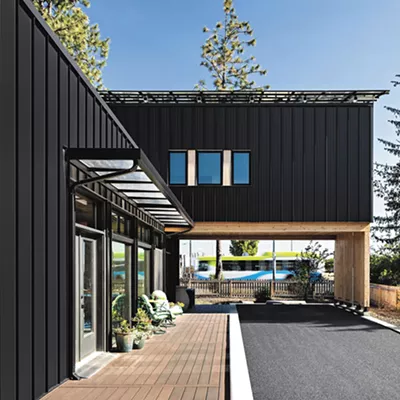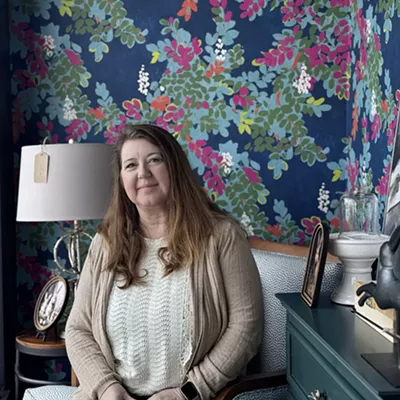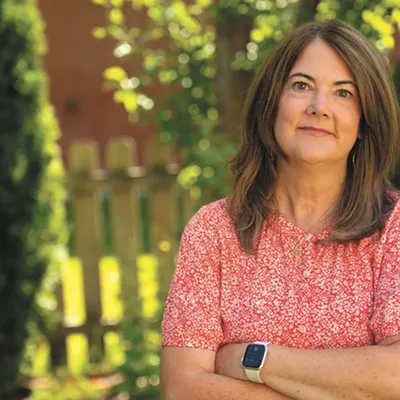
As Donald Rumsfeld famously declared, there are things "we don't know we don't know." While the statement has been subject to endless ridicule, it does have an unsettling application to raising and educating children.
Often, one of the hardest things for a parent to perceive is the revelation of a developmental issue affecting their own child. Childhood "quirks" can be dismissed as something that runs in the family, or just a unique feature of the child. That's unfortunate, because the prognosis for many issues affecting learning is much better with early intervention. Although Washington state offers many programs to assist young children and their families, consistently identifying and connecting people who could benefit from those services has always been a challenge.
That's just one issue that Gonzaga University's Dean of the School of Education, Vincent Alfonso, hopes the first Young Child Expo & Conference Spokane can address. As part of the three-day expo, presented by GU and Los Niños Services at the new Davenport Grand Hotel, Alfonso has invited the state's business, education and government leaders to participate in a leadership summit. The goal is to get them all in a room and ask them to come up with creative ideas to help kids who need help to get that help in a timely manner: "The earlier we invest," he says, "and the more we invest — and it is not just about money, it's about time, it's about energy, it's about nurturing — there's just clear, huge benefits to society down the road."
The goal is for each of the summit attendees to leave with a mission to accomplish before the next convention. "What are we going to do about this collectively?" Alfonso asks.
One thing he advocates is creating a program of universal screening for children when they enter the school system. "We are working on it in this state. It is very cost-effective and very time-efficient. [With universal screening], every kid — every kid — who enters the school system, at whatever age, is screened for health, language, cognitive functioning, academics, socialization."
While many schools already use community volunteers to screen for vision and hearing problems, the more comprehensive screen could probably still be done by non-professionals, Alfonso says. "The maximum time is a half-hour, and you obtain so much information. You can then provide services for the kids you identify."
The leadership summit is just one aspect of the three-day expo, expected to attract teachers, psychologists, therapists, pediatricians and daycare providers, as well as parents, to learn from 40 expert presenters from around the nation. Workshop topics include incorporating art, music and dance into learning, dealing with problem behaviors related to autism, and strategies to identify and help kids with feeding issues. Keynote addresses aimed at professionals in early childhood learning and care, as well as parents and interested community members, are planned. Whitworth President Beck Taylor will present information on "developmental economics" — the costs and benefits of early intervention; Yale's Marc Brackett will speak about social and emotional learning and how to foster that in the classroom; WSU Spokane's Chris Blodgett will share his expertise on tactics to ameliorate the long-lasting effects of adverse childhood experiences; and Sam Whiting, CEO of Thrive Washington, the state's public-private partnership for early learning, will discuss efforts to make sure all kids are ready for school.
In addition to typical convention activities like receptions and a trip to the casino, networking will be fostered through an innovative plan called dine-arounds — attendees are encouraged to take advantage of local restaurant discounts to arrange impromptu dinners, where they can socialize with new friends and colleagues. Alfonso hopes that these are lasting collaborations, with effects that will ripple forth from the Expo.
The Young Child Expo Spokane marks the first time the convention will take place outside of Alfonso's former hometown of New York City, where it has become a sellout event, attracting 1,500 people annually. Though he expects more modest attendance at this year's Spokane event, the passion infusing both endeavors is the same. "Our youngest children are our greatest resource," Alfonso says. "If we want a productive, independent society, we have to focus on early childhood and early learning." n
The Young Child Expo runs Sept. 30 to Oct. 2. For information on attending and continuing education opportunities for professionals, go to youngchildexpo.com/spokane-conference


















